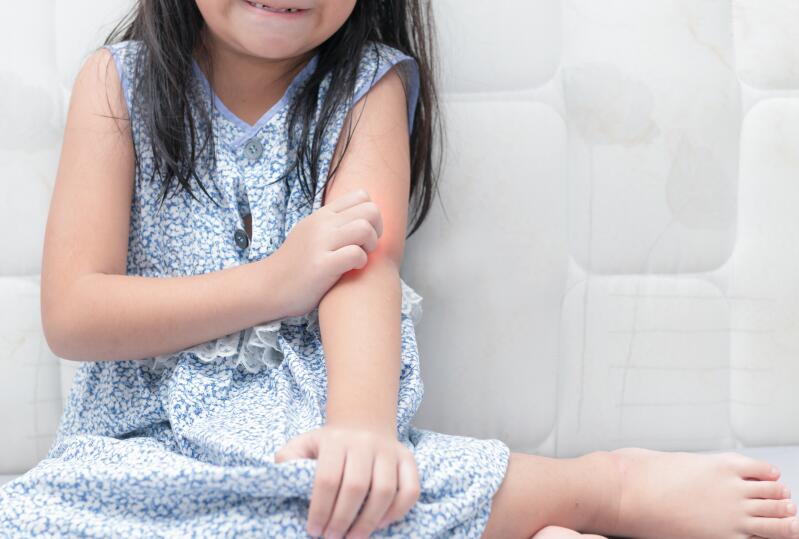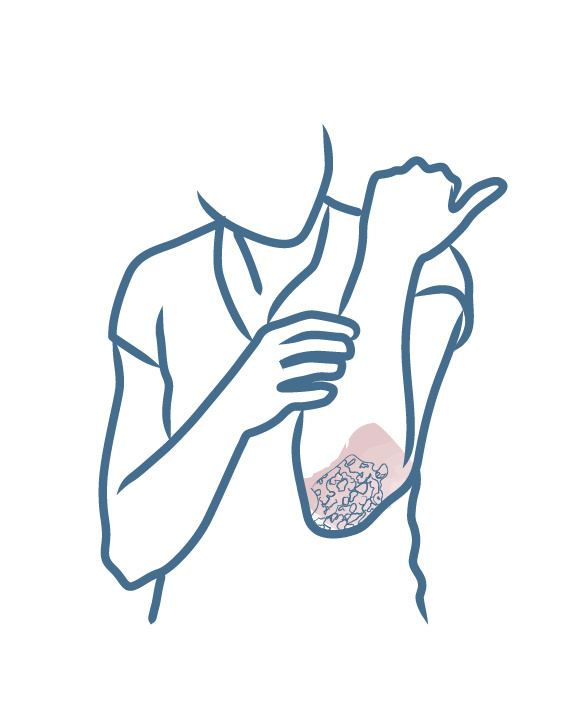-
Your concerns
Our articles to help you gain a better understanding
-
Our solutions
-
Ducray Dermatological laboratories
Our articles to help you gain a better understanding

Psoriasis is often presented as an adult skin disease, as opposed to eczema (or atopic dermatitis) which is considered to be more common in children. But this is just not true! Psoriasis can develop at any age, especially in childhood.
Infant psoriasis is a very particular form of inverse psoriasis, involving very red and inflammatory plaques on the skin under the child's diaper, hence the term "diaper psoriasis". Psoriasis in older children is essentially the same as guttate psoriasis, even if they can also develop other types. Psoriasis in children can affect all parts of the body, for example the scalp, appearing as if babies have never got rid of their "cradle cap".
Itching is a major problem because it is even more difficult for a child to hold back from scratching than an adult. However, scratching the lesions slows down the healing process and may result in scars, which the psoriasis itself does not normally cause. To prevent this:
Whatever the treatment, it should never be imposed on the child. They should be involved in therapeutic choices, and their feelings about the disease should be taken into account. The skin should be taken care of daily, but it is sometimes difficult to make a child with psoriasis understand this, especially once they have recovered from a flare-up and the disease no longer exists in their eyes, so to speak. Parents should set an example, i.e. by also applying a hydrating cream in the evening after showering.
Psoriasis-prone skin

Skin prone to stubborn dry plaques
NEWSLETTER
Dermatological expertise
To better understand your skin and hair, discover our exclusive content and innovative care products designed to improve your quality of life..